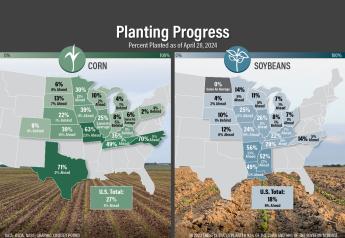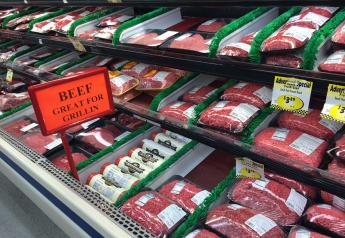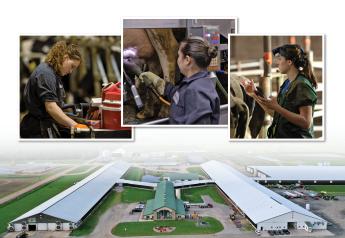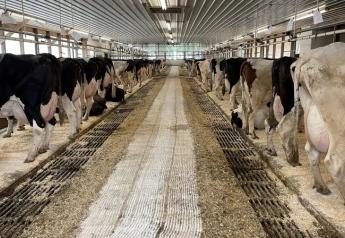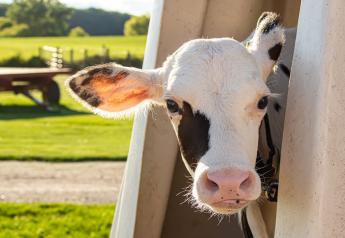Calves Can Be Picky About Trace Minerals
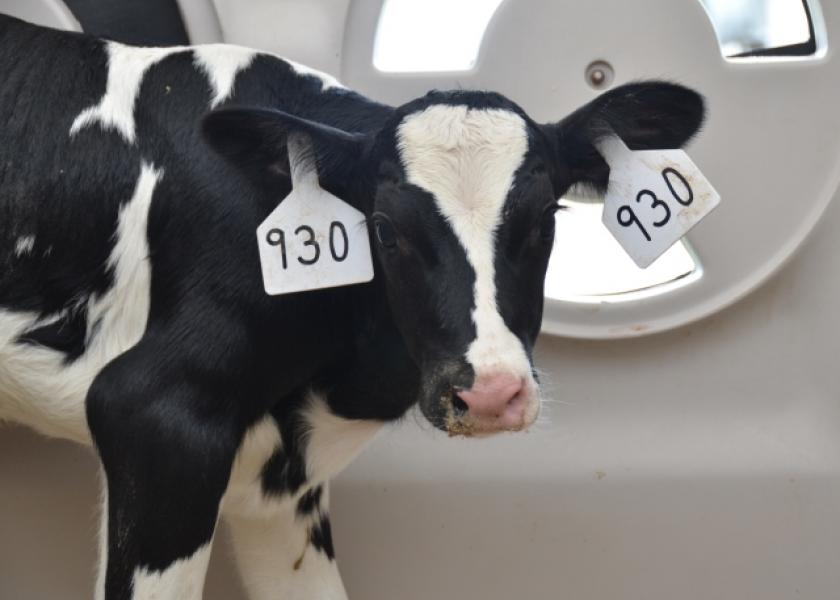
We know vegetables are nutritionally important for children. But we also know kids don’t always want to eat what’s good for them. It turns out the same is true for calves when it comes to trace minerals.
Recent research has shown that the type of trace minerals has significant bearing on how readily calves will eat them, and/or their subsequent performance. Results of those studies, all conducted at the University of Florida and published in the Journal of Animal Science, include:
- A study of 68 calves compared their preferential consumption over 18 weeks of trace mineral supplements from three different origins. All three supplements contained copper (Cu), zinc (Zn), and manganese (Mn). Formulations were from hydroxy chloride {“hydroxy”), organic, or sulfate sources. The most preferred supplement with the greatest total intake was the hydroxy-based supplement.
- Two groups of preweaned beef calves were offered a Cu/Zn/Mn trace mineral supplement of either hydroxy or sulfate origins. While there was no significant preference between the two sources in this case, the calves offered the hydroxy-based supplement had significantly higher post-weaning average daily gain than the sulfate group.
- A study evaluated two groups of pastured beef calves of about 50 preweaned calves each over 14 weeks. One group received limit-fed creep feed fortified with a sulfate-based Cu/Zn/Mn trace mineral supplement; the other was offered limit-fed creep feed containing no trace minerals. In this case, the addition of a supplement with a sulfate origin reduced feed intake among calves about 8-fold, from 160 g/day for the non-supplemented feed, to 20 g/day for the supplemented feed.
Hydroxy-based trace mineral supplements were preferred by calves in (1) and calves performed better on them compared to sulfate-based supplements in (2). In (3), the researchers noted the calves appeared to have an aversion to trace mineral supplements of sulfate origins.
One explanation could be the stronger covalent bonds of hydroxy-based trace minerals. This makes them more stable, less water soluble, and less likely to break down and become more bitter, sour, or salty when exposed to moisture in normal field conditions.



